- Urbaki Beauty
- Make-up
- The Psychology of Makeup: Why We Wear It and How It Affects Mood
The Psychology of Makeup: Why We Wear It and How It Affects Mood
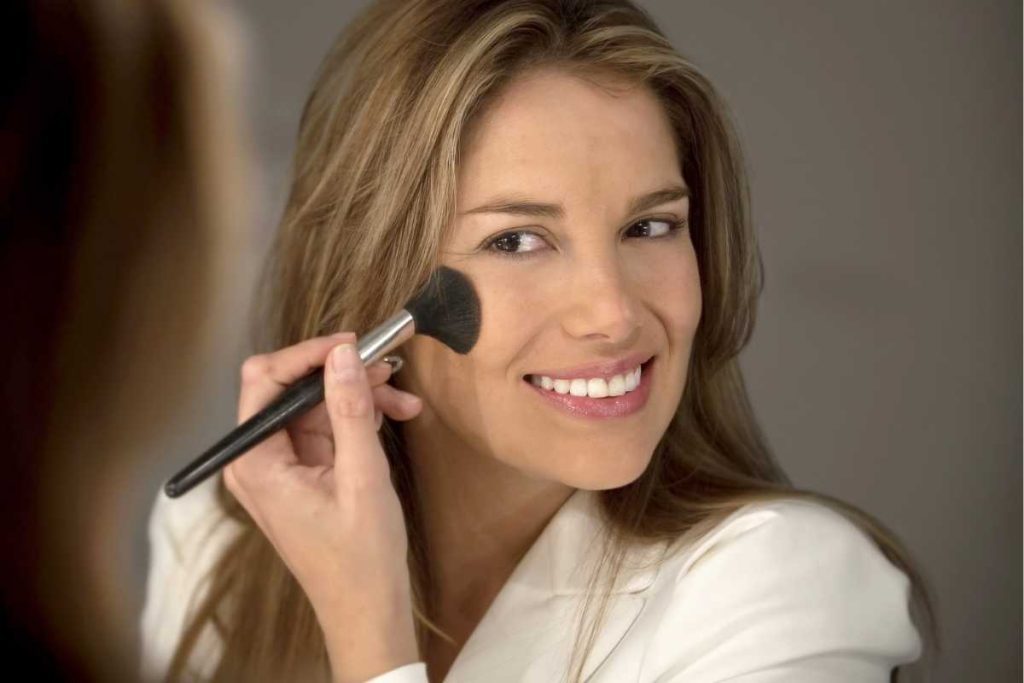
Makeup has been a significant part of human culture for centuries. From ancient Egyptians who used eye makeup to convey status, to the modern-day beauty industry that dominates global markets, makeup has evolved beyond its initial uses.
While makeup can serve as a tool for enhancing one’s appearance, it also has a deeper psychological impact that influences how individuals perceive themselves and are perceived by others.
Why do we wear makeup, and how does it affect our mood? This article delves into the psychological reasons behind makeup use and explores how it can alter our emotions, confidence, and overall mental well-being.
The Psychological Reasons Behind Wearing Makeup
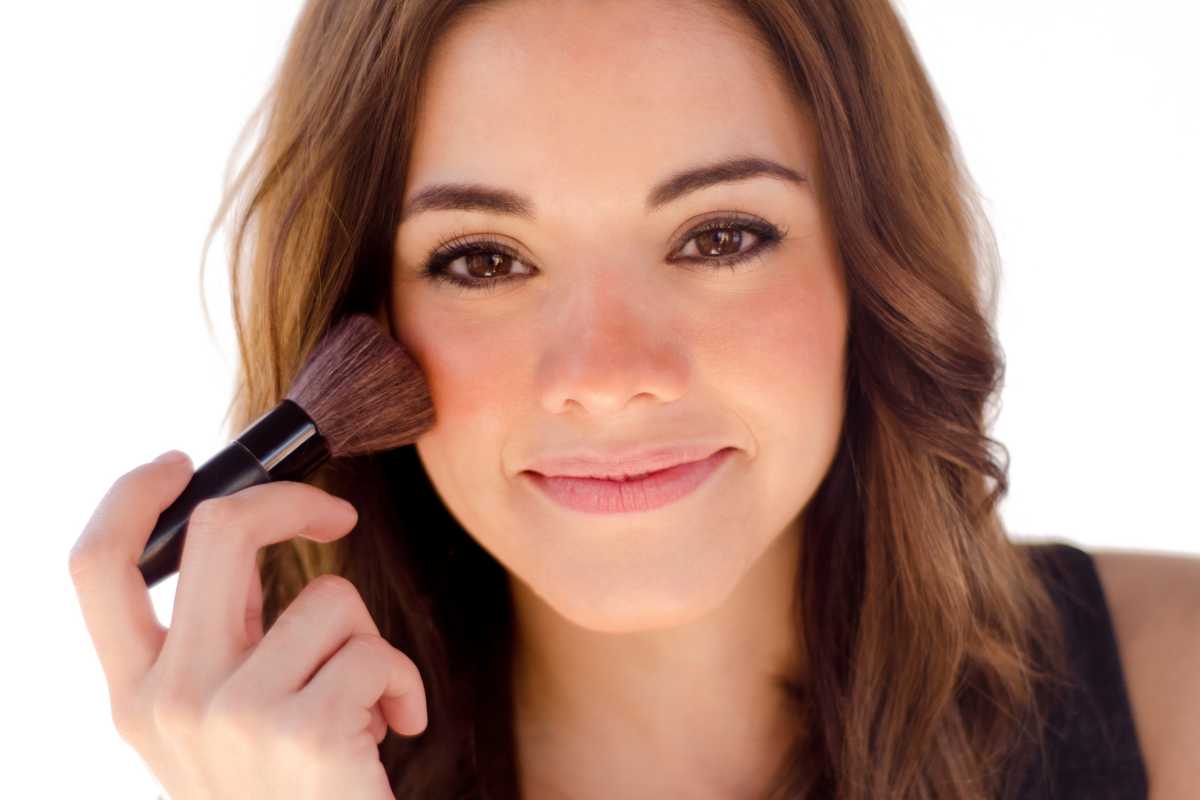
The decision to wear makeup is influenced by various factors. For many, makeup is more than just a beauty regimen—it is a form of self-expression, a tool for empowerment, and a way to manage social perceptions.
Understanding these underlying motivations can shed light on the complex relationship between makeup and mental health.
Enhancing Self-Confidence
One of the primary reasons people wear makeup is to boost their self-confidence. Feeling good about one’s appearance can have a direct impact on overall well-being.
For many, makeup serves as a form of armor, allowing them to face the world with a sense of empowerment.
Whether it’s applying a bold lipstick for a meeting or a simple foundation for a smoother complexion, makeup can enhance an individual’s sense of self-worth.
Research supports this idea. A study conducted by the University of Chieti-Pescara in Italy found that people who applied makeup reported feeling more attractive and competent, which in turn led to improved self-esteem.
Confidence is a significant factor in mental health, and makeup has the ability to unlock that feeling of self-assurance.
Makeup as a Form of Identity and Creativity
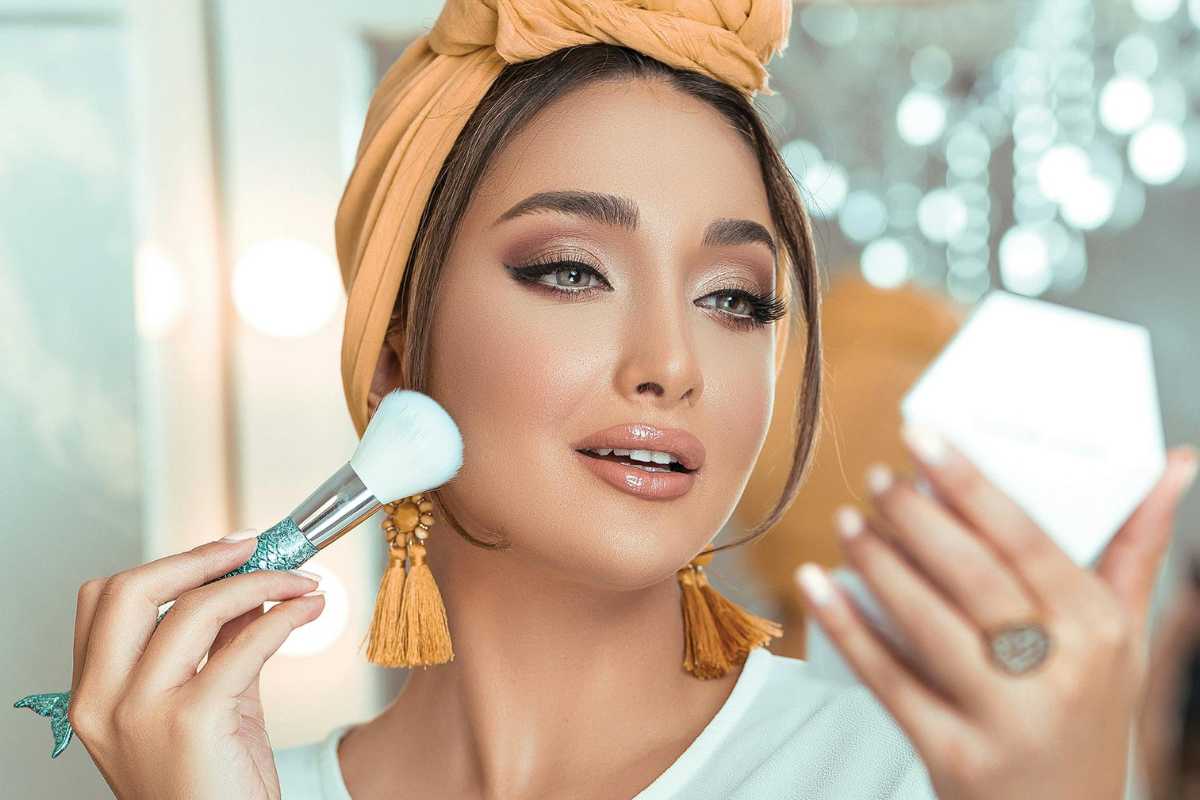
Makeup is not only about enhancing physical features; it can also be an artistic expression of individuality. Many people use makeup to experiment with different looks, explore new styles, and express their personal identity.
Makeup is a form of self-expression that allows individuals to explore and display their creativity, whether through subtle contouring or bold, colorful eye shadow.
This aspect of makeup gives individuals the freedom to reinvent themselves on any given day.
For some, makeup is a tool for transforming their identity. Whether it’s a shift in style for a special occasion or a way to embody a certain persona, makeup enables individuals to present themselves in a way that aligns with how they want to be seen.
This creative process can be empowering, offering a sense of control over one’s image.
Social Influence and Beauty Standards
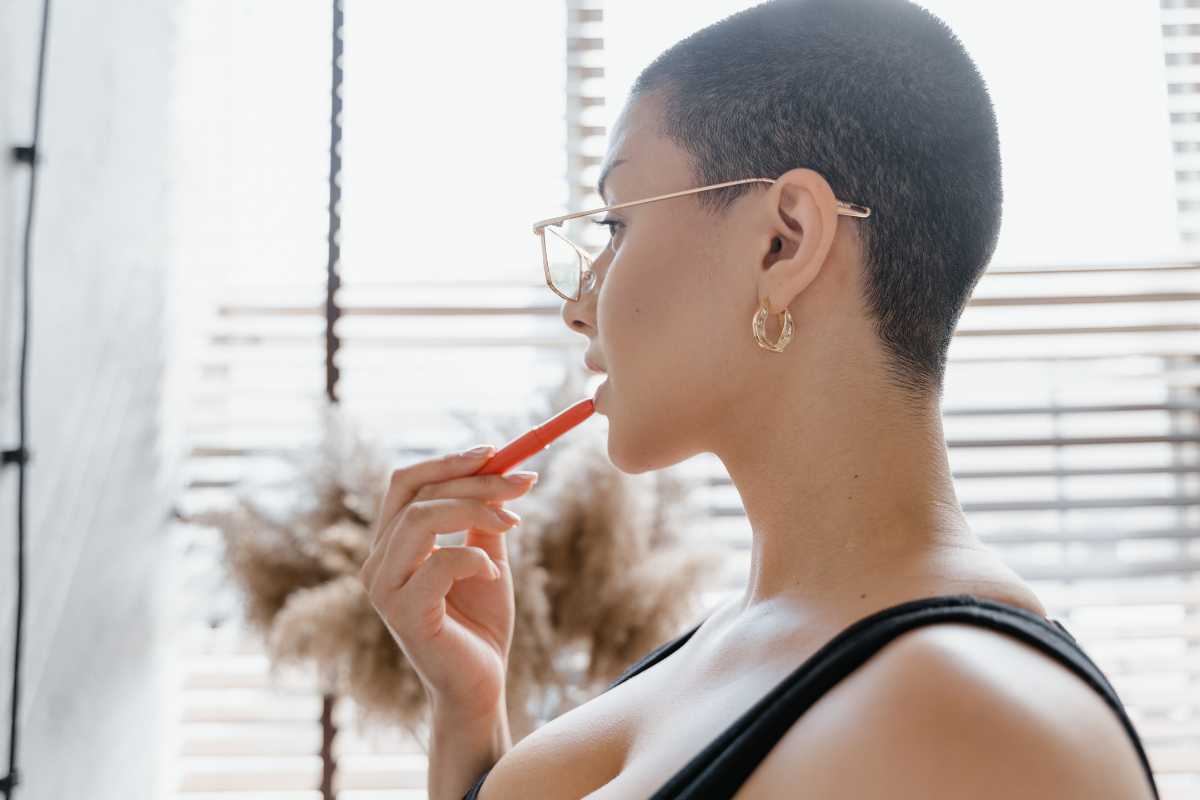
Social and cultural pressures play a significant role in makeup use. In many societies, the expectation to look youthful and "flawless" is deeply ingrained, with beauty standards often depicted in the media.
These standards can make individuals feel compelled to use makeup as a way to conform to societal norms. For some, makeup is not just about enhancing their own features but about meeting external expectations.
The impact of social media cannot be overstated. Platforms like Instagram, YouTube, and TikTok have popularized makeup tutorials and beauty influencers, creating a culture where makeup is both a form of entertainment and a tool for self-image enhancement.
Social validation through likes, comments, and shares can be motivating factors in makeup use, especially when individuals are seeking approval or admiration from others.
The Psychological Effects of Makeup on Mood
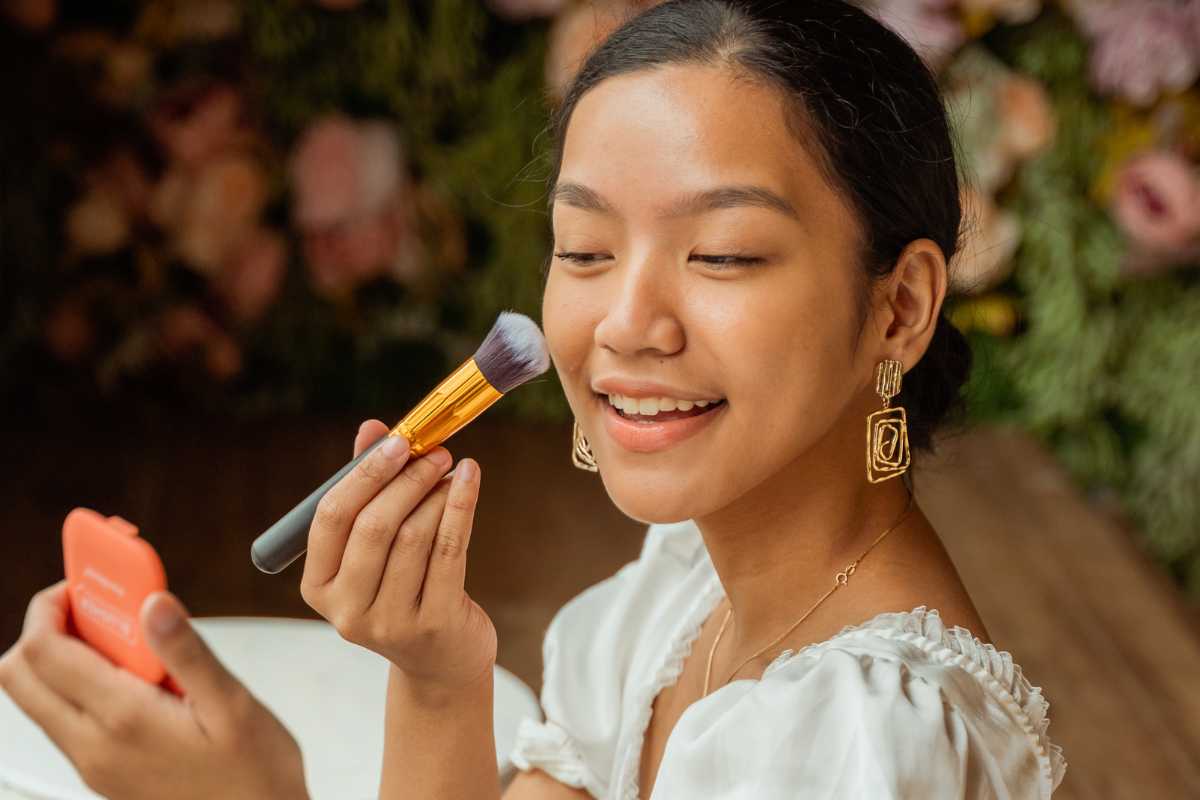
Makeup has a profound effect on our mood and emotional state. It can uplift, empower, and even soothe, depending on the individual and their circumstances. But how exactly does makeup impact our emotional well-being?
Makeup as a Confidence Booster
As mentioned earlier, wearing makeup can significantly enhance an individual’s self-esteem. The simple act of applying makeup can trigger feelings of confidence and empowerment.
When we feel good about the way we look, it often translates into positive energy that permeates other aspects of our lives.
For instance, someone who feels confident in their appearance may approach social interactions, work, or even casual outings with more optimism and enthusiasm.
This mood boost is not just about external validation. The process of creating a new look, whether it’s a bold cat-eye or a fresh dewy glow, can foster a sense of accomplishment and control.
By enhancing their appearance, individuals feel they have the power to influence how they feel and how they are perceived by others. This shift in mindset can lead to an overall improvement in mood.
The Therapeutic Effects of Makeup
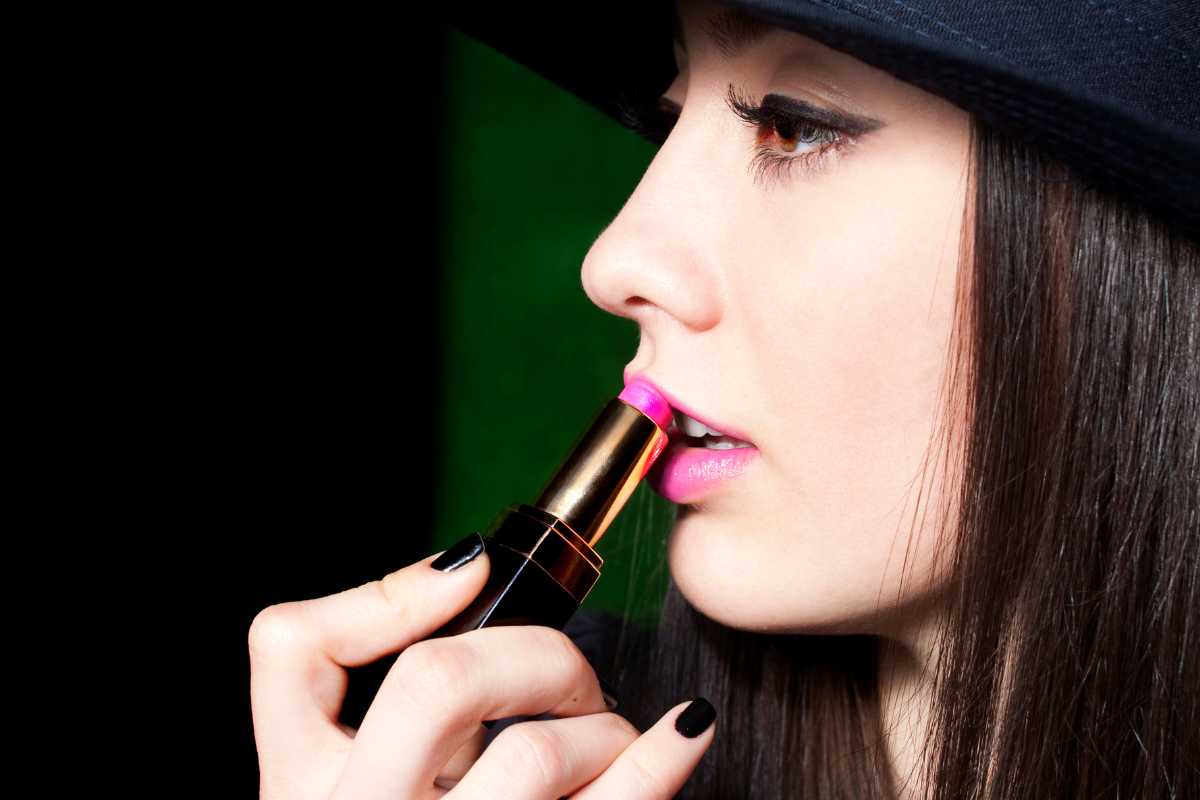
For many, makeup can also be therapeutic. The act of applying makeup can be a form of self-care, allowing individuals to take a moment for themselves and engage in a ritual that calms their mind.
It provides an opportunity to practice mindfulness—focusing on the task at hand, whether it’s blending eyeshadow or contouring cheekbones.
This moment of self-focus can have a calming effect, providing a brief respite from the stresses of daily life.
Additionally, makeup routines can create a sense of routine and structure, which is beneficial for mental health.
People often find comfort in familiar habits, and a consistent makeup routine can create a sense of normalcy and stability, especially during times of stress or uncertainty.
Makeup and Social Connection
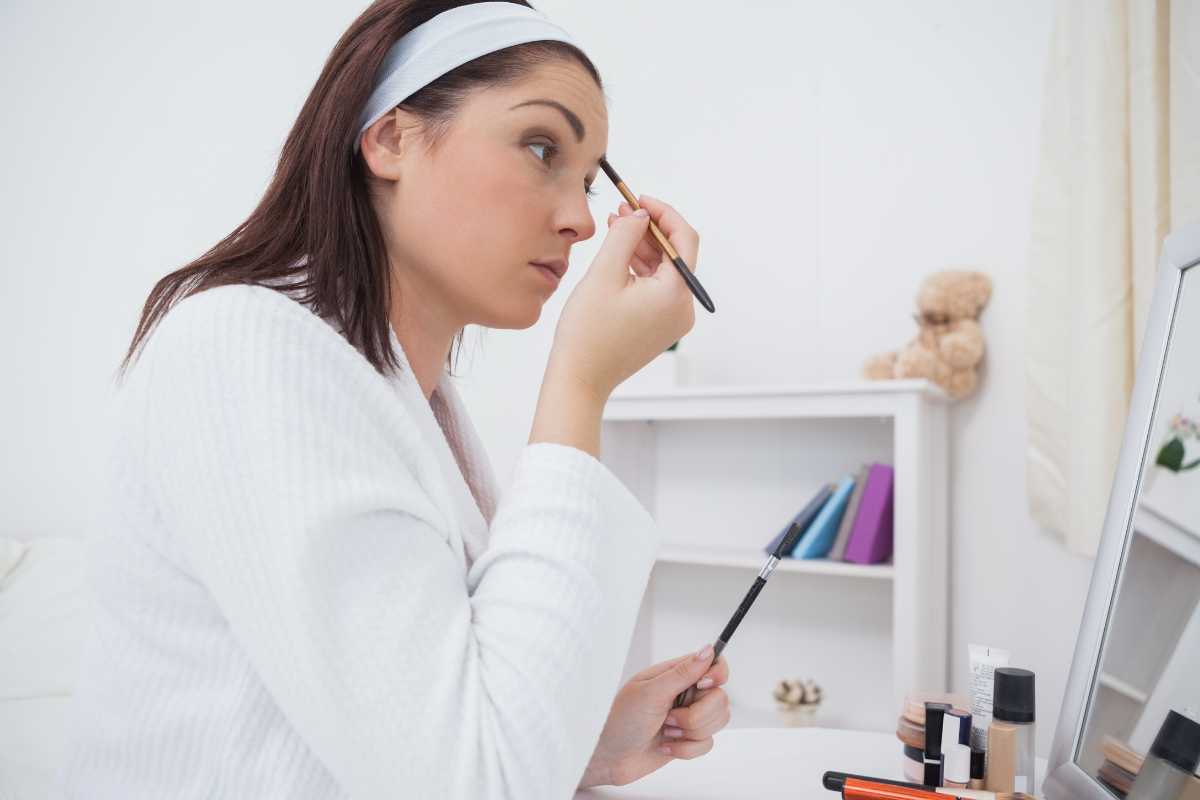
The psychological effects of makeup go beyond individual feelings—it can also impact how individuals connect with others.
The positive responses from others can reinforce a sense of social belonging and acceptance. Makeup can act as a form of social currency, allowing individuals to feel seen, heard, and acknowledged.
When someone receives compliments on their makeup, it often boosts their self-worth and reinforces the positive impact of their appearance.
On the flip side, makeup can also be a source of stress and pressure. The need to constantly adhere to beauty standards can lead to feelings of inadequacy or insecurity.
The pressure to look perfect can become overwhelming, and some individuals may feel trapped in an endless cycle of makeup application to meet external expectations, which can negatively affect their mental well-being.
The Dark Side of Makeup: When It Becomes a Burden
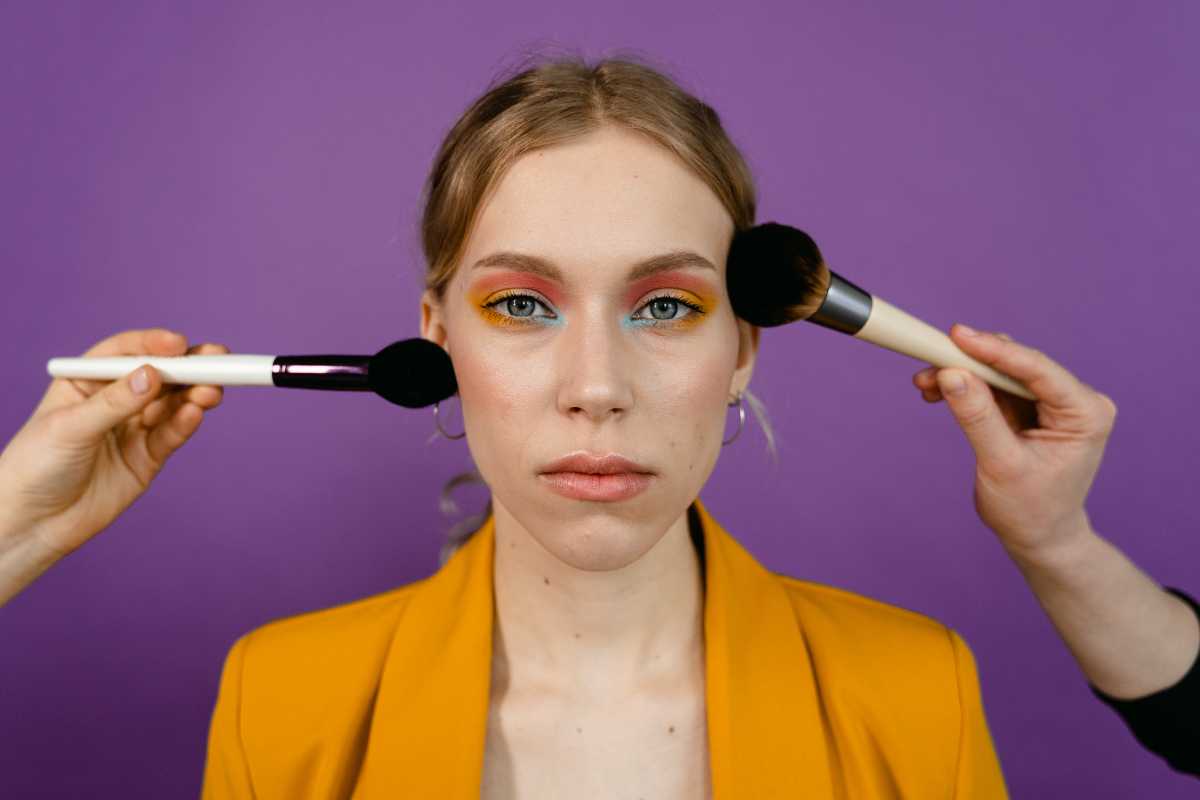
While makeup can have numerous psychological benefits, it is essential to acknowledge its potential negative impacts. For some, the reliance on makeup for self-esteem can be detrimental.
When makeup is seen as a necessity rather than an option, it can create a sense of dependence on appearance, leading to anxiety or even identity struggles when makeup is not worn.
There’s also the issue of social pressure. The desire to meet beauty standards can result in unhealthy behaviors, such as excessive spending on beauty products or hours spent applying makeup to achieve an idealized look.
For some, this pressure to conform to beauty ideals can cause mental distress, as it leads to a disconnection between the inner self and the image they project.
Makeup and Body Dysmorphia
In extreme cases, makeup can exacerbate body dysmorphia, a psychological disorder where individuals perceive their appearance in a distorted way.
For those with body dysmorphia, makeup may become an obsessive ritual used to “correct” flaws that others may not even notice. This can lead to an unhealthy relationship with both appearance and self-worth.
Finding Balance: Makeup as a Tool, Not a Crutch
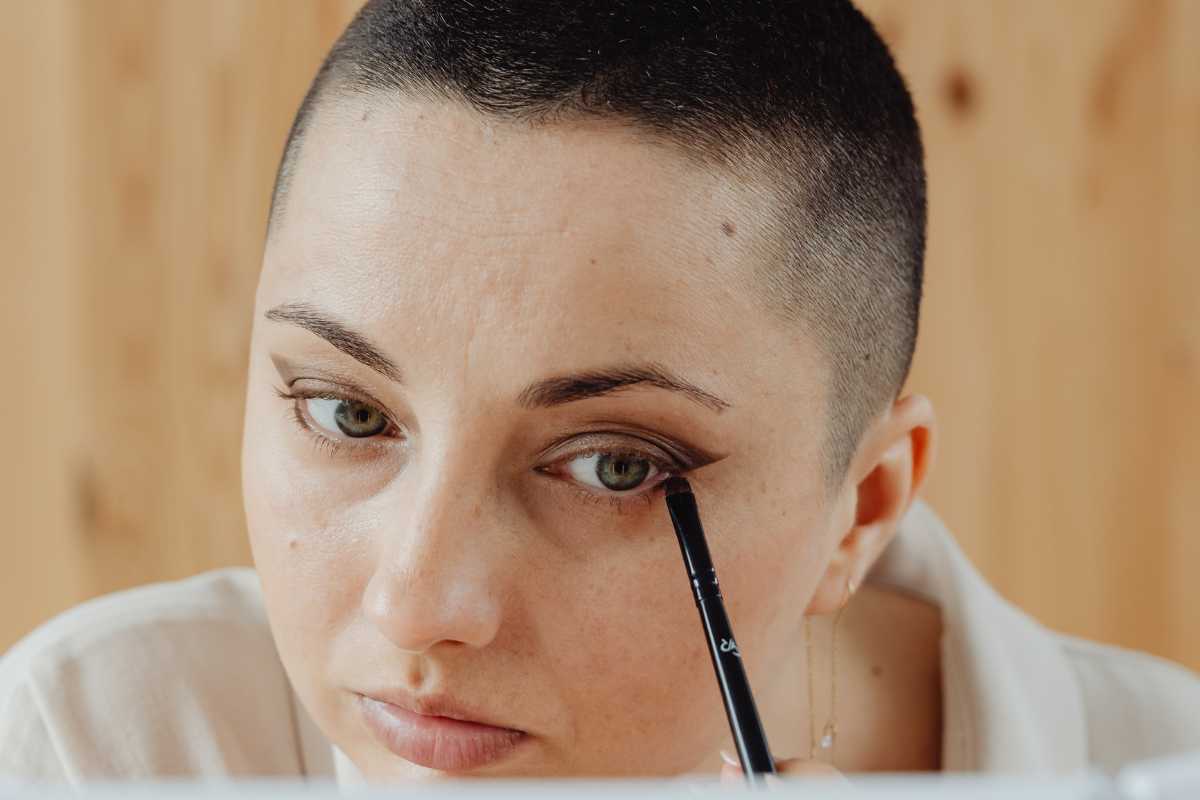
The key to maintaining a healthy relationship with makeup is understanding that it should be a tool for enhancement, not a crutch.
Makeup should be used to express creativity, boost confidence, or simply add fun to one’s routine—not as a way to mask deep-seated insecurities or as a way to fit into societal molds.
By cultivating a positive and healthy relationship with makeup, individuals can enjoy its benefits without falling into unhealthy patterns.
It is essential to remember that true beauty comes from within, and makeup should be seen as an enhancement of natural features, not a complete transformation of identity.
Conclusion: Embracing the Power of Makeup
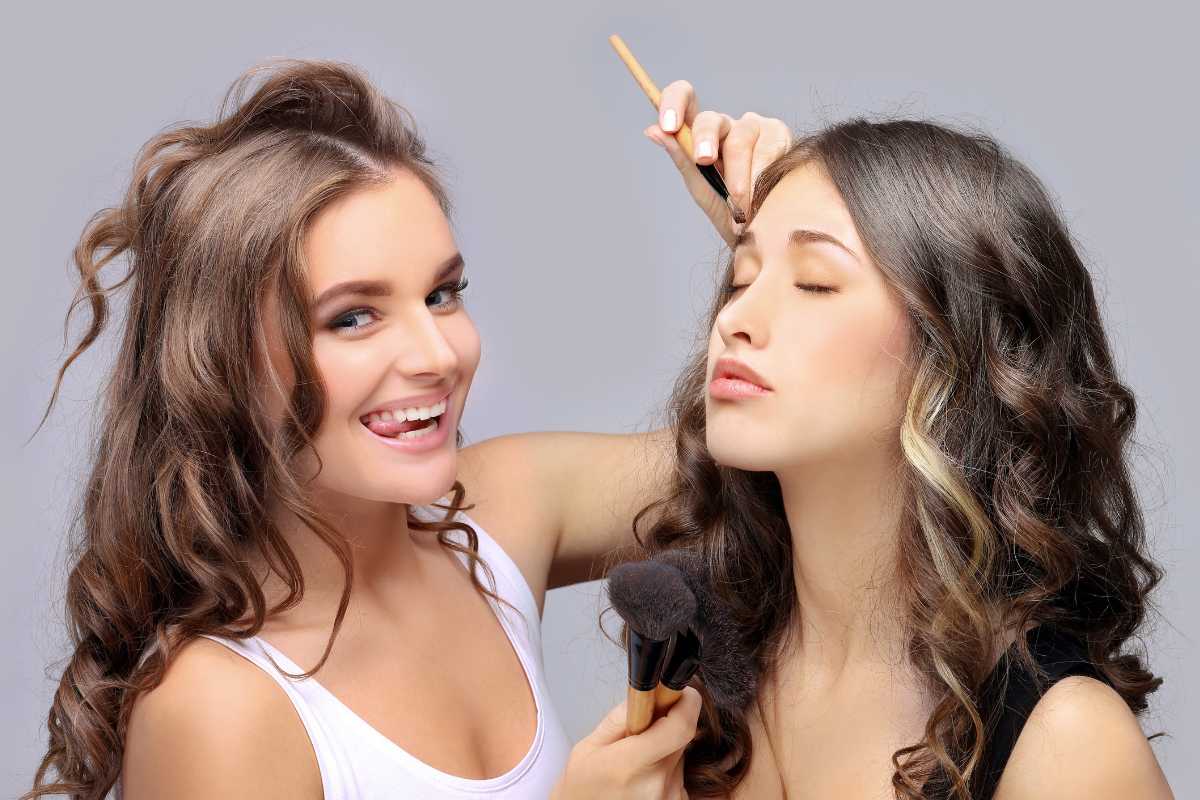
Makeup holds significant psychological power. It has the ability to transform our mood, boost our confidence, and help us express our identities.
Whether used for artistic expression, to meet societal beauty standards, or simply as a form of self-care, makeup can deeply impact our emotional state and how we perceive ourselves.
However, it is crucial to strike a balance, using makeup as a tool for enhancement rather than a crutch to hide behind.
When used mindfully, makeup can truly be an empowering and uplifting experience, allowing individuals to embrace their beauty inside and out.
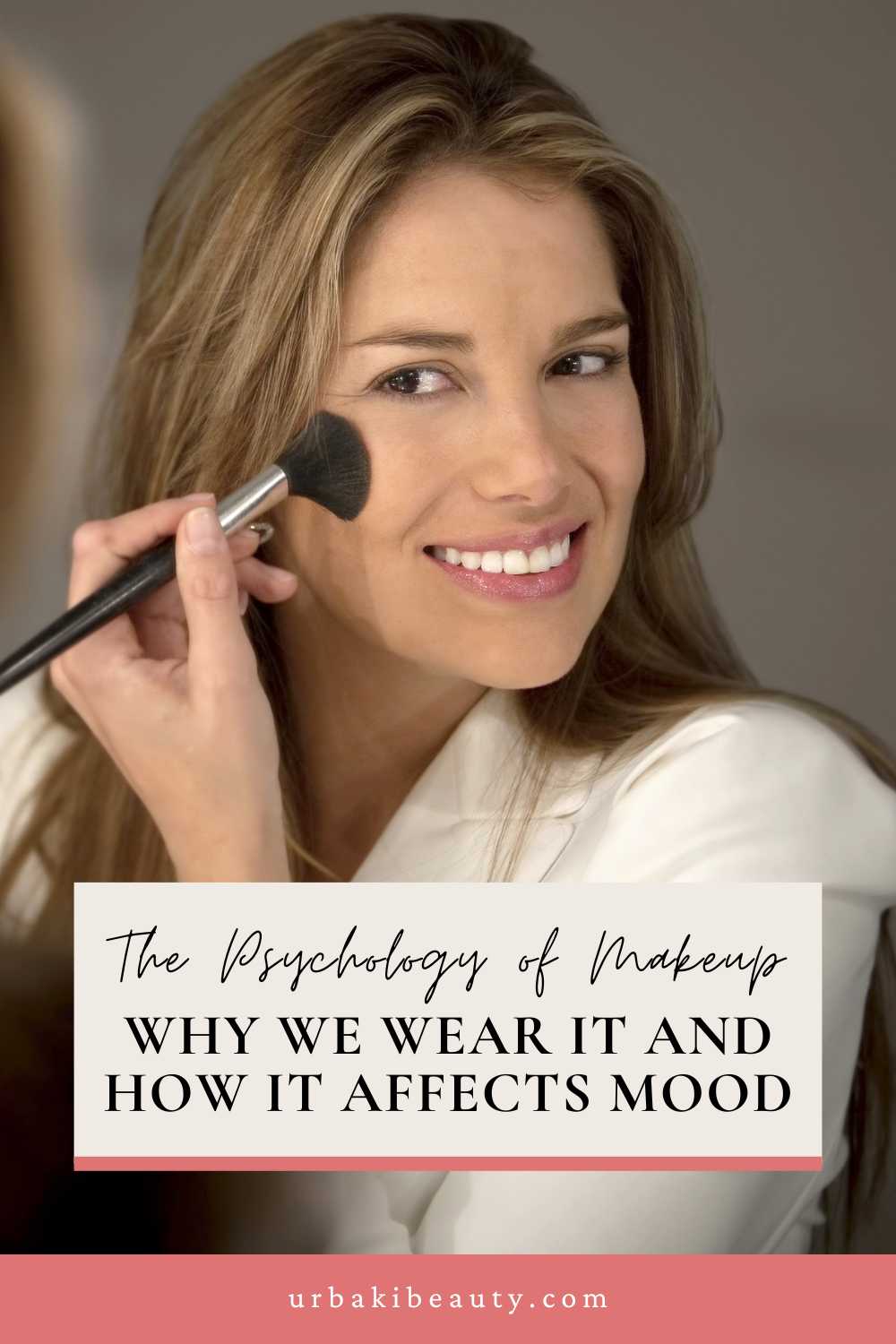
Makeup for Outdoor Events: What Stays Put Under Sun and Sweat
Makeup for Glasses Wearers: Looks That Won’t Smudge or Disappear
The Evolution of Makeup Through the Decades: From the 20s to Today
Monochromatic Makeup Made Easy: One Color, Full Face
Is Your Makeup Safe? Understanding Expiry Dates and Product Shelf Life
Achieve a Flawless Look with These Simple Makeup Tips


You may also like